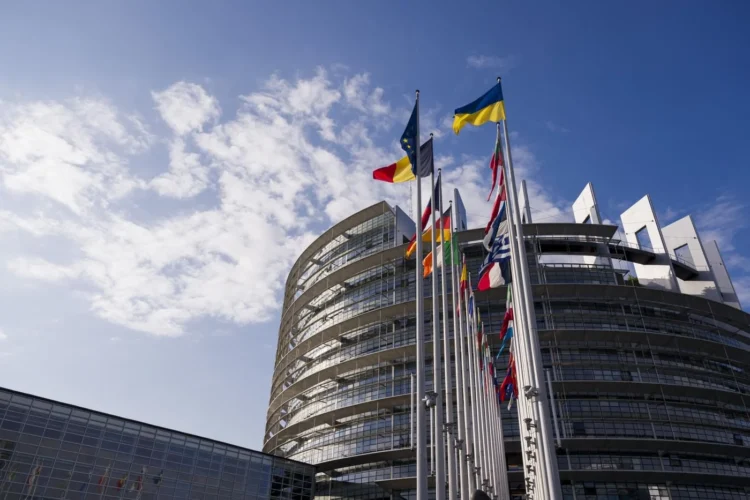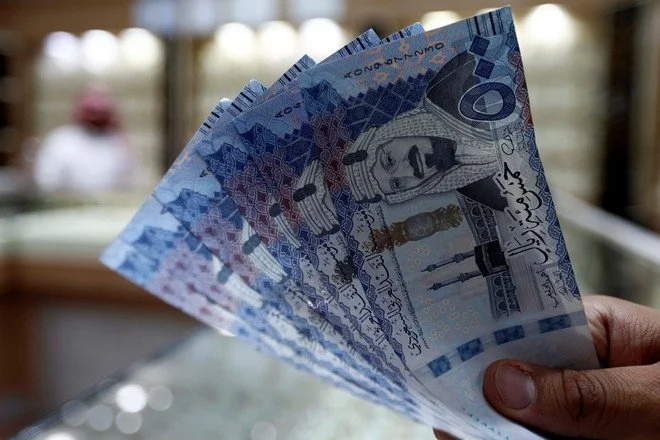Publisher: Maaal International Media Company
License: 465734
European Parliament backs gas storage flexibility to lower prices
The European Parliament has approved a law aimed at tackling gas market speculation and lowering prices by introducing greater flexibility into gas storage refilling rules.
The regulation, already agreed upon by members of the European Parliament and the Council, will extend the EU’s 2022 gas storage scheme until December 31, 2027, as it was due to expire at the end of 2025. This provision is designed to ensure gas supply security ahead of the winter.
Members of the European Parliament and the Council also introduced several amendments to ease tensions in the gas market, where speculation surrounding the current mandatory filling rate of 90% by November 1 of each year has increased the cost of refilling during the summer.
اقرأ المزيد
The text will allow member states to achieve the 90% target anytime between October 1 and December 1. Once the 90% target is achieved, they should not be required to maintain this level until December 1. Member States should be able to deviate by up to 10 percentage points from the filling target in the event of difficult market conditions, such as speculative signals that hinder cost-effective storage filling. The Commission may increase this deviation by a further five percentage points by delegated law, for one filling season, if such market conditions persist.
The competent authority overseeing gas refilling in each Member State must also provide information on the share of gas originating in the Russian Federation that is stored, in line with the European Commission’s proposals of 17 June. This is intended to help monitor whether Russian gas is stored in the EU.
The Parliament supported the draft law by 542 votes to 109, with 30 abstentions, and it now needs to be formally approved by the Council before being published in the Official Journal of the European Union.
Gas storage facilities provide 30% of the EU’s gas consumption during the winter months.
Energy security in the EU has been a major concern in recent years, not least given its dependence on non-EU countries for primary energy supplies. The 2022 energy crisis, exacerbated by the war in Ukraine, highlighted the urgent need for additional measures to ensure stable and affordable energy supplies. Among these, the European Union introduced new rules for gas storage. However, the global gas market remains tight, with increased competition for LNG supplies and continued price volatility.









